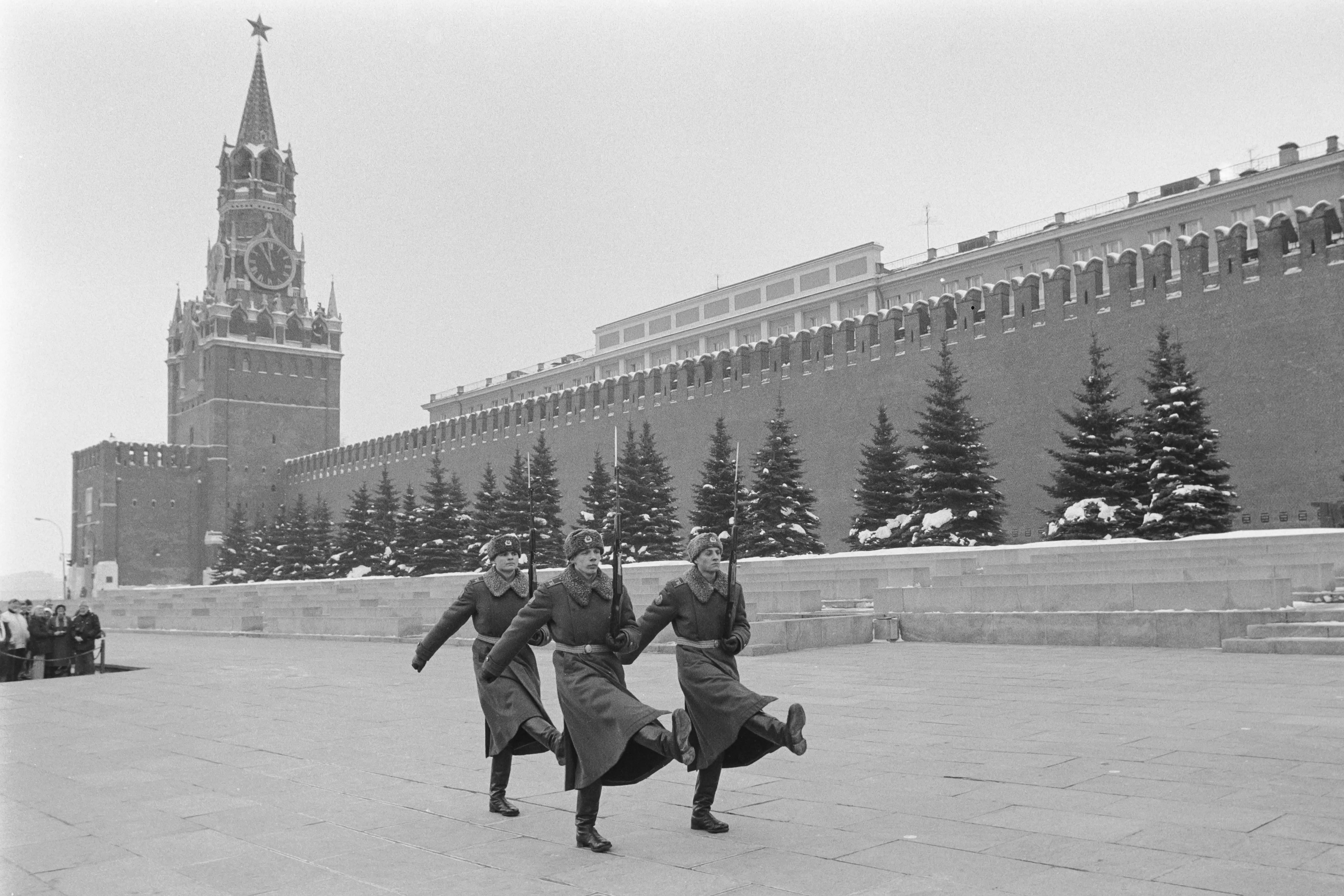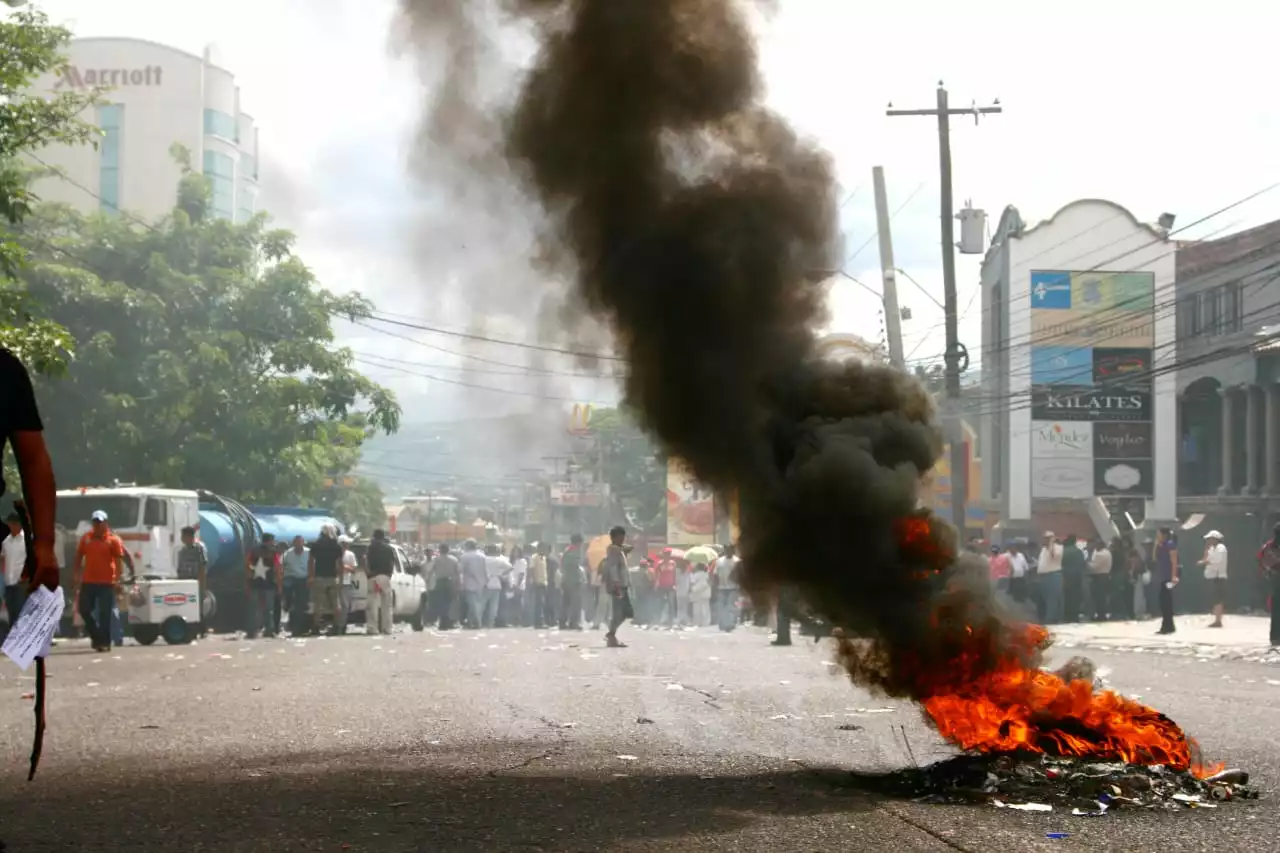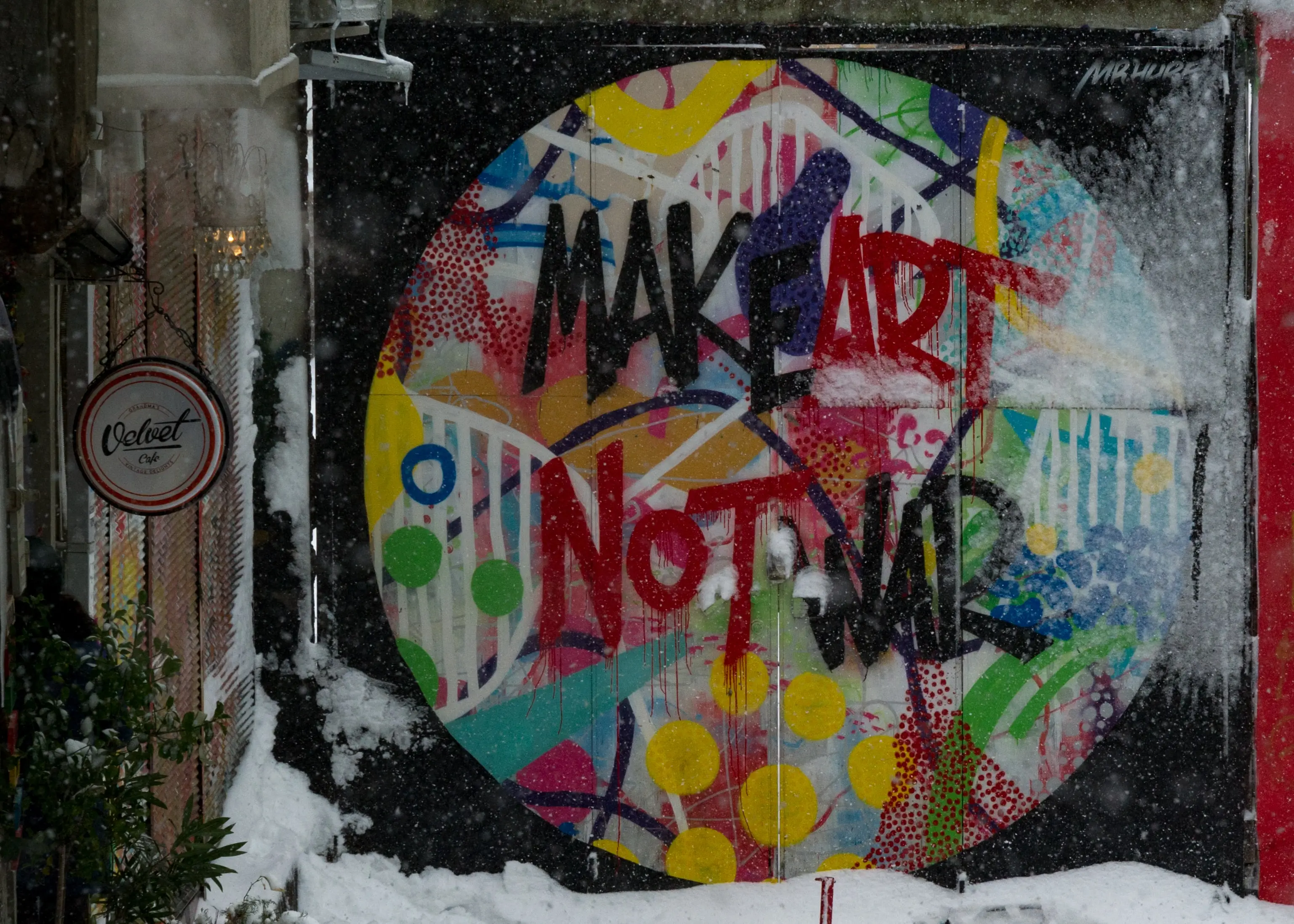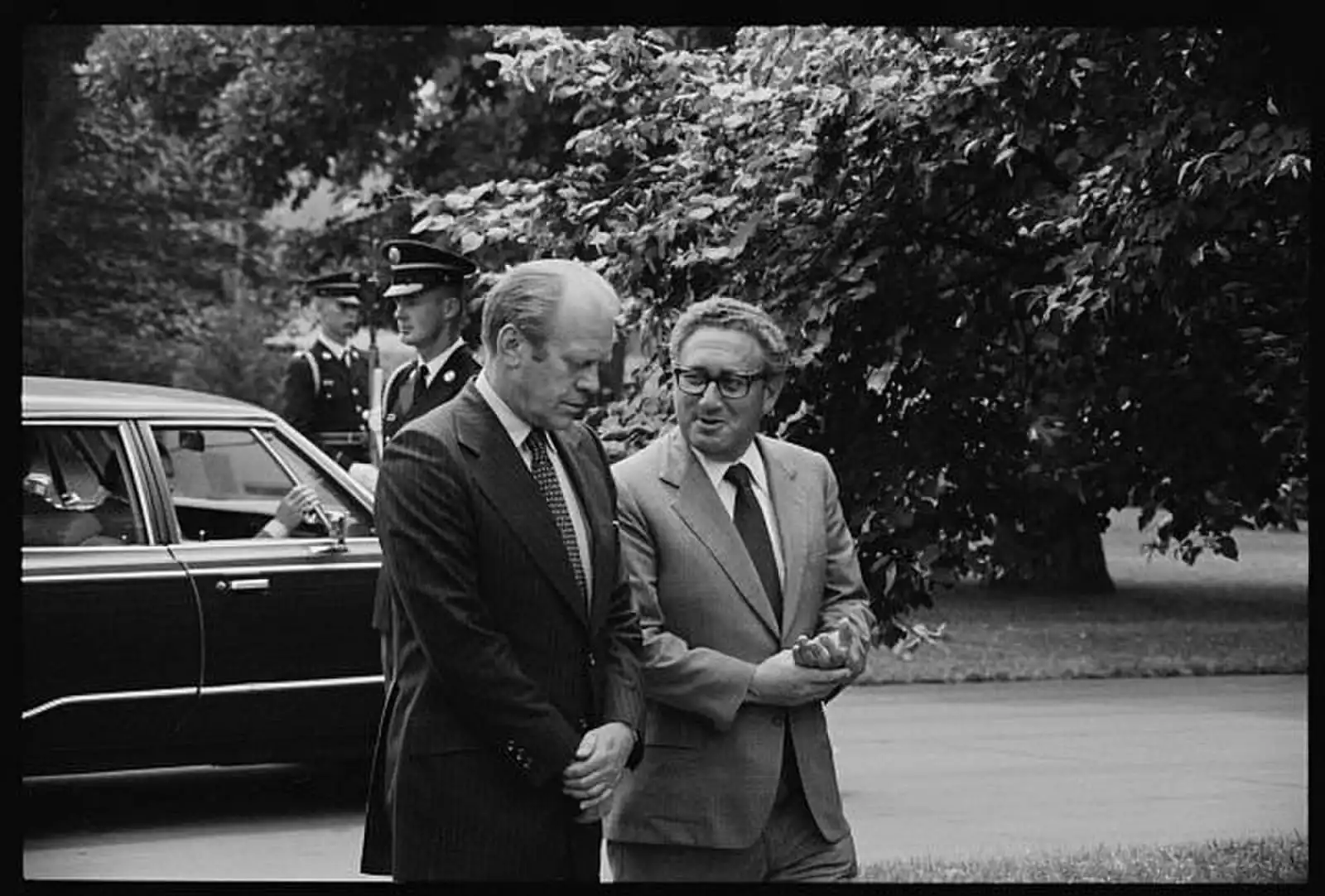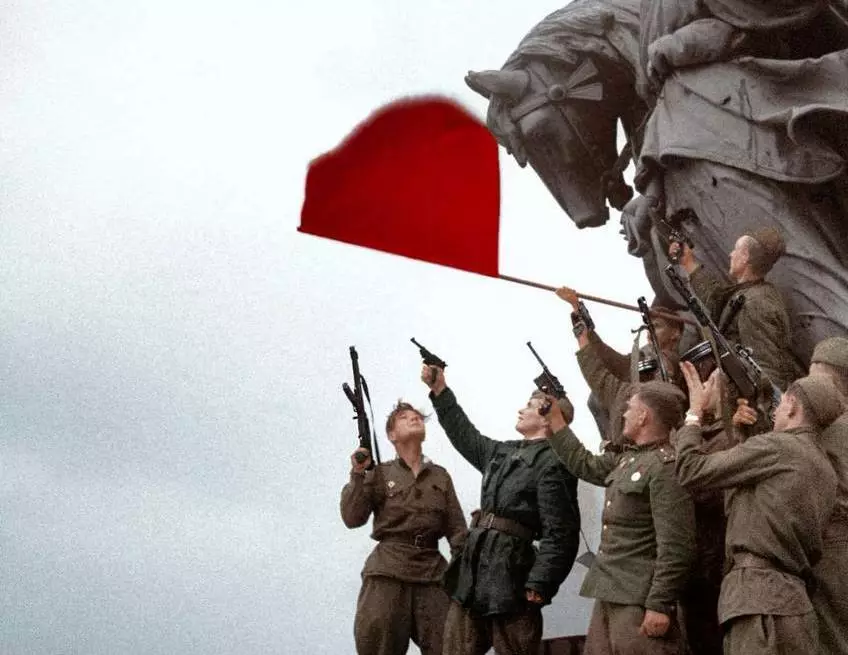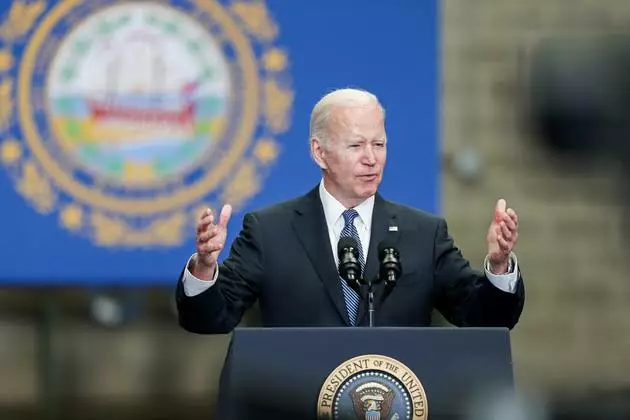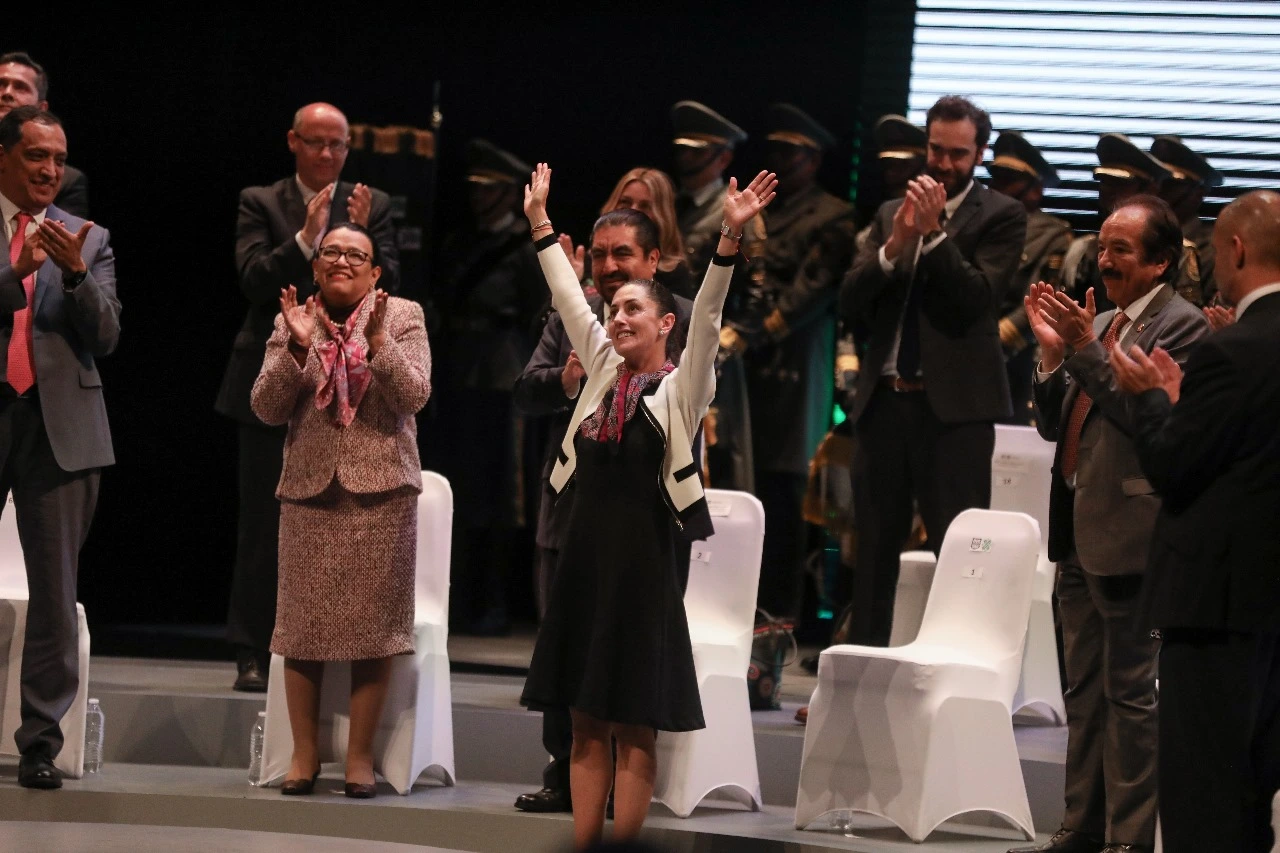Great October Socialist Revolution - a breakthrough that smashed the shackles of autocracy and capitalist oppression. It created a state that embodied the deeply cherished dreams of humanity. Working people became the masters of their land. They turned from a downtrodden labour force into the makers of the new world. The Soviet country has proved by its example that if development is based on the values of justice, equality and fraternity, the results would be admired by the whole planet.
The Bolsheviks made a thorough study of the English Revolution. They honoured the Great French Revolution and considered themselves to be the heirs to the Paris Commune. Lenin and his followers had a profound grasp of the ideas of Marx and Engels and had assimilated the achievements of the humanity’s foremost thinkers. Our predecessors confidently carried on the traditions of the liberation struggle laid down by Radishchev and Chernyshevsky, Herzen and Plekhanov. Proceeding from these traditions the great Lenin developed a victorious theory of socialist revolution and the building of the Soviet State.
The Bolshevik leader demonstrated that the Russian Empire had turned out to be the weakest link among imperialist states. When the First World War broke out large section of Russian society became prey to patriotic frenzy. They welcomed Russia’s joining the world slaughter party without understanding its causes and goals. The war brought to a head all the socio-economic contradictions.
The inefficacy of the Tsarist regime became quickly apparent. The monarchy collapsed in February 1917. By the autumn of that year the liberal bourgeoisie lost its credibility. The crisis and economic dislocation overturned people’s consciousness. The need to withdraw from the imperialist war was becoming ever more obvious. The working people unhesitatingly took the side of socialist transformations.
The bloodless revolution in Petrograd was followed by a triumphant march of Soviet power across the whole country. Its early decrees were immensely important. Their content fully met the aspirations of the working people of the former empire. The declaration of the rights of the peoples of Russia, the decrees on peace and land, the transformations in the economy, nationalisation of its key sectors – these steps reflected the hopes and demands of the oppressed classes and peoples the world over.
The revolutionary wave arose among the workers and peasants in many countries. The truth about the events in Russia quickly spread to all the corners of the world. Workers and progressive intellectuals sympathized with our revolution. The oppressed peoples of dependent countries and colonies looked to it with hope. The working people resolutely rose in defense of the Soviet Republic.
Yes, peaceful construction in our country was interrupted by the Civil War, the White Terror and foreign military intervention by 14 Entente states. But they failed to destroy the great revolution. The “Hands off Russia” movement assumed great scope. It arose not only in the capitalist countries, but also among the soldiers who had been dragooned into the Intervention. The solidarity of the world’s working people with the Russian Revolution was a convincing demonstration of the strength of proletarian internationalism.
People’s aspiration for freedom and equality was so strong that Soviet power proved to be invincible. Inspired by the popular passion, the Red Army coped with all the hardship of the Civil War. Moreover, the October Revolution gave a mighty push to the world revolution and national liberation movement. In Finland, Hungary, Bavaria the working class even managed to take power in its hands for a certain period of time. Germany saw a bourgeois-democratic revolution.
The ideas of the Great October Socialist Revolution inspired the peoples in various countries to fight against exploitation. From its early years the Soviet State supported Afghanistan, Iran and Mongolia diplomatically and militarily in their fight against imperialist aggression.
The example of the October Revolution was a catalyst for the national liberation movement in many countries of Asia and Africa. India rose against the British colonialists. In China a massive struggle was launched against the feudal rulers and Western imperialists. The French colonies in the Middle East saw uprisings. There was popular action in Japan, Korea and Indochina.
Lenin said that the revolution triggered one of the greatest changes that had world significance for the cause of liberation. This was not an exaggeration. October 1917 marked a watershed in the development of the national liberation movement, precipitated the crisis of the colonial system and dealt an irreparable blow to imperialism.
The heroism displayed by the USSR on the labour and war fronts has no analogues. The Land of the Soviets was rapidly increasing its economic potential. Thousands of large modern factories were built. Entire sectors of industry were built up from scratch. Illiteracy was eliminated. Advanced science emerged. All this made the first socialist state the leader of world development.
Culture flourished. The names of Sholokhov, Tvardovsky, Leonov, Simonov and Fadeyev were added to the treasury not only of Soviet, but also of world culture. And there were music, theatre and cinema in addition to literature.
Socialist art which served the people set an example for the whole world to emulate. Suffice it to recall the admiration the Soviet country evoked in such geniuses as Rabindranath Tagore, Bernard Shaw, Henri Barbusse, Romain Rolland, Leon Feuchtwanger, Pablo Neruda, Theodore Dreiser, Albert Einstein, Charlie Chaplin and many others.
The war against fascism was an ultimate test for the successors of the Revolution. It proved the immense potential of the socialist path of development. Our people were united in the face of the attack of Hitler’s Germany on Russia. The people quickly mobilized to rebuff the enemy. The Great Victory exacted a heavy price. Bringing great sacrifice to its altar the Soviet Union made the decisive contribution to the defeat of the dark forces of Nazism. This feat cannot be forgotten. But we must remember that there would have been no Victory in May of 1945 without October 1917. That outstanding victory had been prepared by the spectacular industrial growth preceding the war, collectivization of agriculture and the cultural revolution. The fostering of Soviet patriotism among the popular masses, selfless service to country and the mobilising role of the Communist Party played a tremendous role.
The war was a unique hardness test for the Soviet state system. That test was passed with flying colours. The Soviet Union played the key role in the creation of the UN, in the post-war liberation of the peoples from the colonial yoke, in asserting the bedrock principles of international law. The example of the USSR and its allies forced the ruling circles of Western states to accede to the demands of the working people, to make concessions and to adopt the “welfare state” model.
The Soviet Union restored the national economy within the shortest space of time. The successes of socialism in the 1950s-80s turned the USSR into a superpower. We became the leaders in space exploration, in harnessing thermonuclear energy, in education and healthcare, in science and culture. We had no peers in terms of the social guarantees available to citizens. The military parity we had achieved guaranteed protection against the threat of a nuclear war not only for us, but for the whole world.
The world socialist system that emerged after 1945 became a pole of development and justice. Occupying one-fourth of the Earth’s territory, it accounted for almost half of the world industrial output. Horrified at the prospect of its inevitable defeat, world capital had to act. On the one hand, it introduced socio-economic reforms. On the other hand it did everything to destroy the socialist system. Everything was pressed into service from building up the NATO potential to information warfare and subversive operations.
But the Soviet citadel could not be seized only by attacks from the outside. The Soviet tragedy was the result of overt betrayal of the socialist cause. The great Soviet state was shot down when it was taking off. This was accomplished by traitors inside the country and haters outside the country. It is inadmissible to put the blame for it on socialism and Soviet power.
The events that took place at the turn of the 1980s and 1990s were tragic but not fatal for the communist movement. The break-up of the USSR and the fall of socialist regimes in Eastern Europe provided added proof of Lenin’s words to the effect that the communists must be the brain, honour and conscience of their epoch and a model to be emulated. For a ruling communist party to ignore this principle leads to stagnation of theoretical work, allowing turncoats and overt renegades to take the key posts.
Humanity has no alternative to socialism. Modern globalism has become the highest form of imperialism. Though it scored a temporary success at the tail end of the last century, world capital will inevitably be defeated. No one does more for the collapse of capitalism than capitalism itself. Every new financial and economic crisis turns out to be worse than the previous one revealing the perverted essence of the economy based on speculation. The contradictions with which the capitalist system is riddled are becoming more and more tightly intertwined. They are superimposed upon one another making an explosion inevitable.
Capitalism is unable to deliver sustained and all-round development to the planet and its inhabitants. One percent of the Earth’s population owns greater wealth than the remaining 99 percent. The number of billionaires has grown six-fold since 2000. At the same time the number of those suffering from hunger increased by 38 million last year alone. More than a billion people live in extreme poverty and are undernourished. Poverty and lack of rights have not spared the former Soviet republics.
Seeking to stay afloat, capitalism is making inroads on the rights of the working people, unleashing aggressive wars, investing billions of dollars into the system of duping and corrupting the masses. The peoples of Yugoslavia and Iraq, Libya and Syria had first-hand experience of the “civilising mission of capital.” Like in the 1920s and 30s, capitalism enlists the support of the most reactionary dark forces, be it terrorist groups in the Middle East, neo-fascists who march through the streets in the Baltic and East European countries or Bandera followers in Ukraine.
The present time again requires intense political and agitation work from the communist and left parties. This work is necessary if we are to turn the ideals of the Great October and friendship of the peoples into a guide for action by millions of people throughout the world. In doing this work we are sure that the world can be different. Socialism will triumph!
Socialism remains the only alternative to capitalism which brings crises and wars. We hail the dedicated struggle of millions of people on all continents against imperialist aggression, inequality, worsening labour conditions, the comeback of reactionary forces and environmental pollution.
International solidarity is a necessary condition for creating a united front of resistance to capitalism. This makes it incumbent upon the communist and workers’ parties to work out a common strategy of actions and to step up its theoretical and practical work. It is extremely important to improve the coordination of the activities of communist and workers’ parties. The struggle for genuine democracy and human rights is to be stepped up. We should persistently expose the criminal essence of capitalism and oppose any manifestations of anti-communism, racism and militarism. Strengthen the front of resistance to imperialist expansion.
The arduous but noble path we have chosen is illuminated by the feats of our predecessors. Main of them is the Great October Revolution. It was the first important step towards the future. We must move forward holding high the red banner of the struggle for the happiness of the working people. I am sure that we shall overcome.
Photo by Steve Harvey on Unsplash
